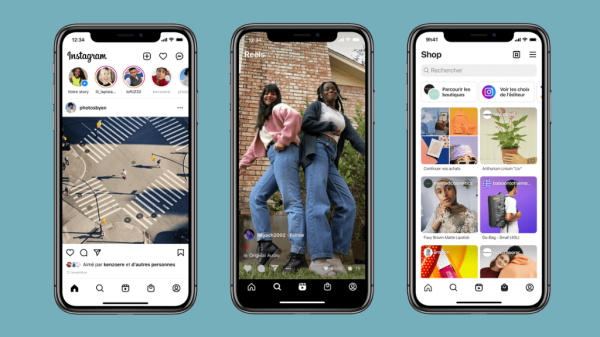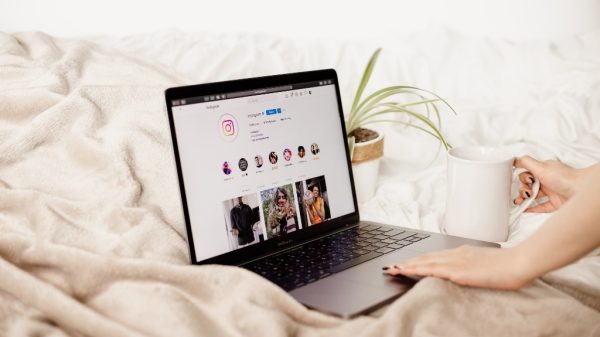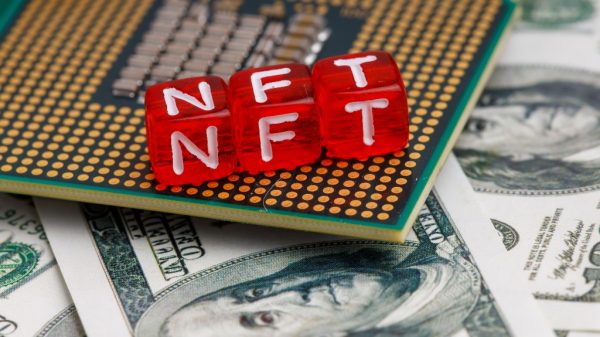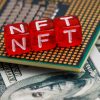Pinterest is getting a new life, as the visual discovery engine company files a patent for technology for the authentication of NFTs. Blockchain enthusiasts may not be at the top of your list for an untapped audience for Pinterest, but they may soon be just that. According to Nat Rubio-Licht’s Patent Drop Report, Pinterest’s NFT authentication technology works by comparing a “candidate NFT” or one that a user officially wants to mint on blockchain to other, existing NFTs that have similar characteristics. This helps verify ownership and prevent plagiarism by ensuring that the user is not duplicating a piece that already exists. (This is the whole point of NFTs, to begin with, with “NF” meaning non-fungible, or unable to be replicated, unlike forms of Cryptocurrency.)
“While the existence of NFTs on a blockchain provides the ability to track the NFT and determine the history and ownership of the NFT, there is currently no way to authenticate that the data represented or pointed to by the NFT is authentic and/or unique to that NFT,” Pinterest said in its application. Officially, Pinterest has not announced its foray into the world of NFTs and blockchains, but it certainly wouldn’t be the first social media site to take the plunge.
In 2022, both Twitter and Instagram added NFT-based features, with Twitter adding NFT Tweet Tiles and Instagram releasing a variety of NFT-based tools. With Pinterest taking a huge step in e-commerce (with the goal to make every single pin shoppable within the app) it’s not surprising that they would take their new features one step further to try and become a major player in the NFT space. Pinterest has to evolve to compete with social media giant, Meta.
Pinterest also faces the hardship of having a more niche audience as opposed to social media sites like Instagram or Twitter.
At first, it doesn’t seem to make sense that Pinterest would take on NFTs, but Pinterest is a photo-sharing site, and art can easily be repinned thousands of times without ever crediting its original creator. So, by using blockchain to track a creator of a piece of art Pinterest could actually help prevent art theft and make artists and content creators more comfortable creating for, and sharing to the website. This move not only ensures content creation for the site but also keeps Pinterest in the modern age.
Nicole is a recent graduate (okay fine, a recent-ish graduate) of Texas State University-San Marcos where she received a BA in Psychology. When she's not doing freelance writing, she's doing freelance Public Relations. When she's not working, she's hanging out with dogs or her friends - in that order. Nicole watches way too much Netflix and is always quoting The Office. She has an obsession with true crime and sloths.











































